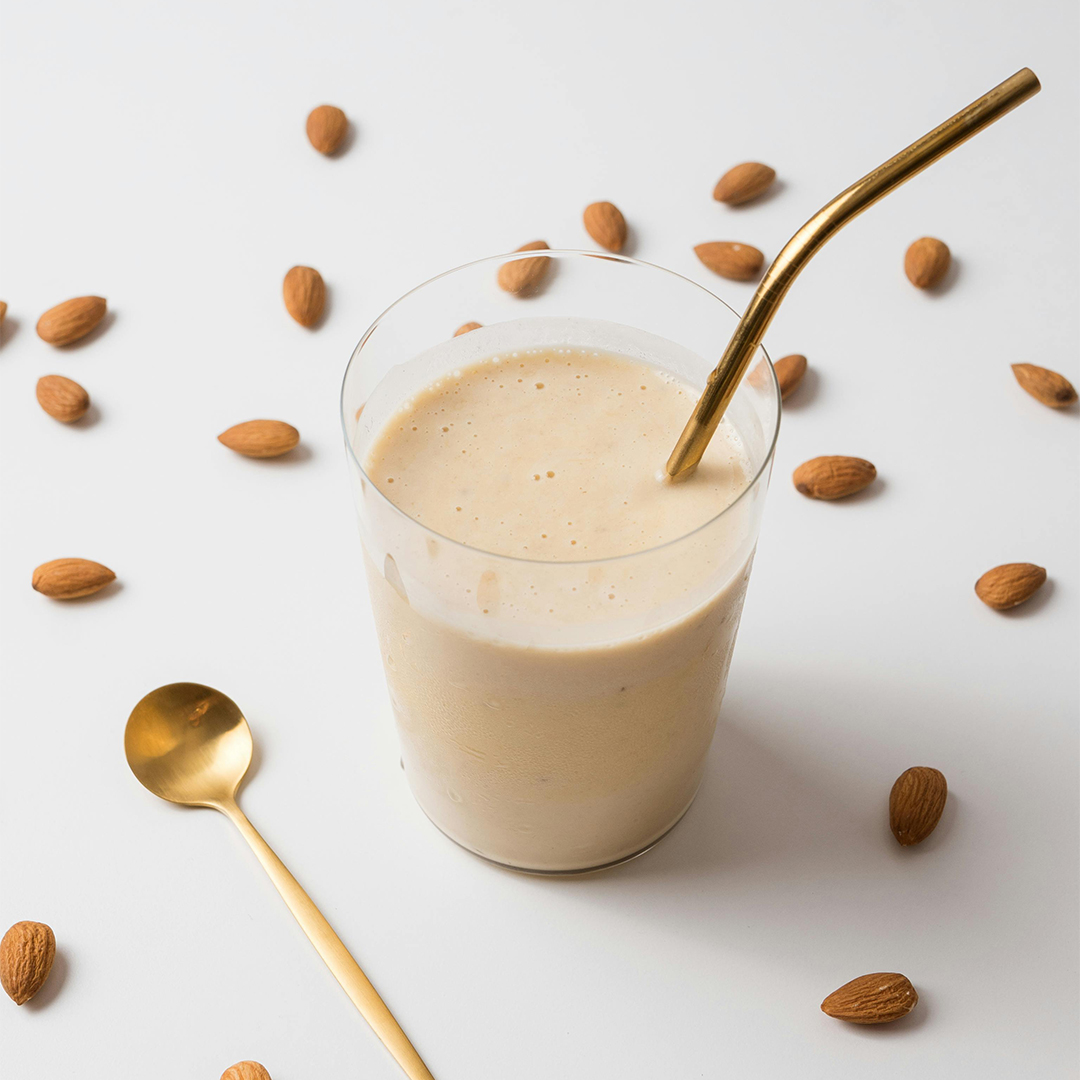There was a time when the only milk you’d find on the supermarket shelf was cow’s milk. Today, however, there is a dizzying array of alternative milks… Here’s what you need to know about five of the most popular.
Almond Milk
Almond milk is a popular plant-based alternative to cow’s milk, favoured by those with lactose-intolerance or dairy allergies. It is naturally low in calories and contains no cholesterol or saturated fat. Almond milk is also rich in vitamin E, an antioxidant that helps protect cells from damage, and provides a creamy texture that works well in smoothies, cereal, tea or coffee.
Soya Milk
Another popular lactose-free option, this is made from soybeans and water. Rich in high-quality protein, soybean milk is an excellent choice for vegetarians and vegans. Soy milk also contains phytoestrogens, plant compounds that may help reduce the risk of certain cancers and improve heart health. Additionally, it is often fortified with calcium and vitamin D to support bone health. The flavour is slightly beany, but also creamy and mild – a palatable cow’s milk substitute.
Coconut Milk
The richest and creamiest of the dairy-free options, this milk is made from the flesh of mature coconuts. It is high in medium-chain triglycerides (MCTs), a type of fat that may help boost metabolism and promote weight loss. Coconut milk also contains lauric acid, a fatty acid with antimicrobial properties that support immune function. However, it is higher in calories and saturated fat compared to other plant-based milks, so moderation is key. It also has a decidedly coconutty flavour, which may not always be desirable, but coconut cream is a great substitute for dairy cream in desserts.
Also read: Date-sweetened chai with coconut milk
Oat Milk
Oat milk is the new kid on the plant-milk block, with a creamy, slightly toasty sweet-and-mild flavour. Compared to other plant-based options, oat milk is higher in protein and fibre, which aids in digestion and promotes feelings of fullness. Plus, it contains beta-glucans, a type of soluble fibre that may help lower cholesterol levels and improve heart health.
Goat Milk
Goat milk might seem strange to some of us, but an estimated three quarters of the world consume it. According to a recent study, compared to cow milk proteins, goat milk proteins contain higher levels of important amino acids such as tryptophan and cysteine, while maintaining similar nutritional levels, and are also more digestible. Goat milk also has anti‐inflammatory and antioxidant effects, as well as antimicrobial and anticancer properties.
What does it taste like? Many find the taste similar to cow’s milk, though some report that it is more flavourful: saltier, earthier, sweeter and even ‘grassy’. Try it for yourself!
Also read: Butternut and goat’s milk cheese pasta
Words: Robyn MacLarty
Photography: Pexels




